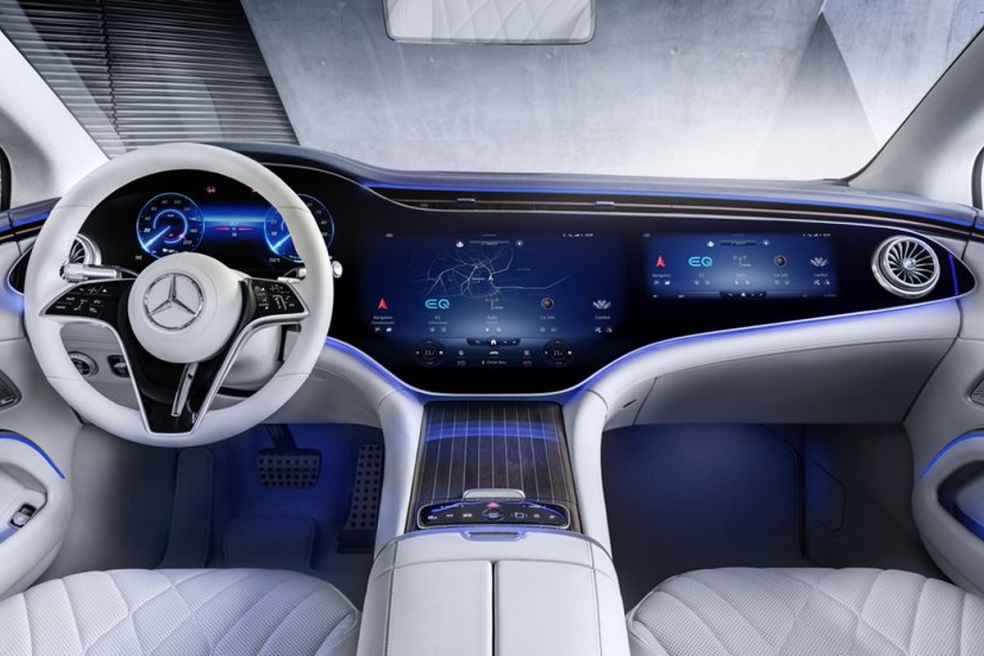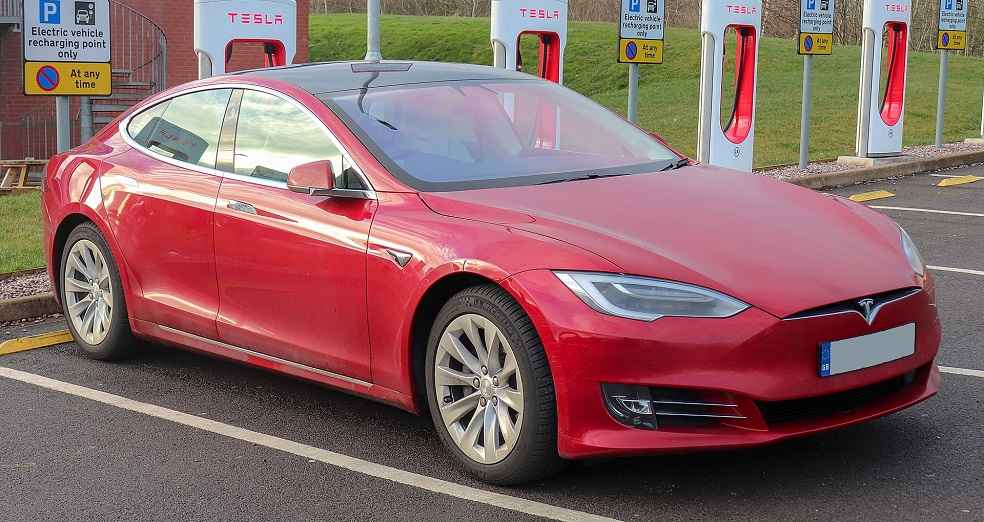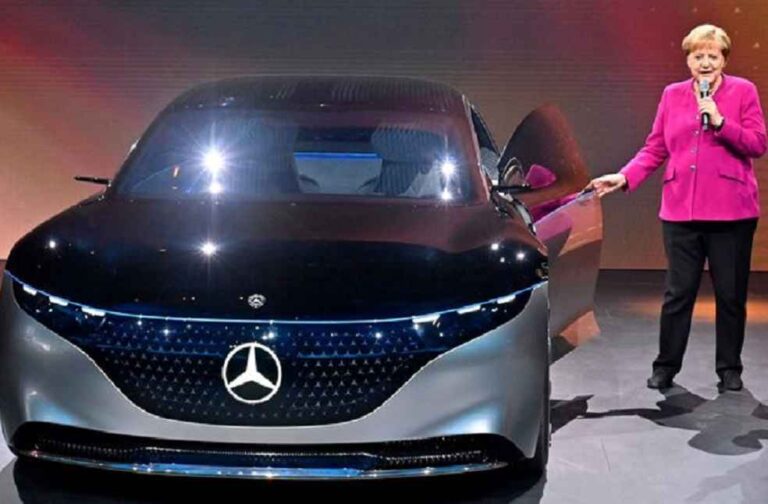Mercedes-Benz has announced its decision to compete with Tesla by offering its electric vehicles (EVs) at a more affordable price range. This move comes in response to Tesla CEO Elon Musk’s earlier declaration of a price war in the electric vehicle market.
Mercedes-Benz is determined to increase its market share in the EV sector by attracting a larger consumer base through competitive pricing. As part of this strategy, the German automaker plans to expand its EV lineup and offer various models to suit the needs of different customer segments. Additionally, the company aims to optimize production costs and achieve economies of scale to lower the overall price of its electric cars.
 This announcement follows the successful launch of the Mercedes-Benz EQS, an all-electric luxury sedan that rivals Tesla’s Model S. The EQS has received positive reviews for its innovative design, advanced technology features, and impressive driving range. With this model, Mercedes-Benz has made it clear that they are committed to providing customers with a high-quality electric driving experience.
This announcement follows the successful launch of the Mercedes-Benz EQS, an all-electric luxury sedan that rivals Tesla’s Model S. The EQS has received positive reviews for its innovative design, advanced technology features, and impressive driving range. With this model, Mercedes-Benz has made it clear that they are committed to providing customers with a high-quality electric driving experience.
To further bolster its position in the EV market, Mercedes-Benz is also investing in battery technology and charging infrastructure. The automaker is working on developing advanced battery technologies that will extend the driving range of its electric vehicles, while also improving overall performance. At the same time, Mercedes-Benz is partnering with charging network providers to ensure its customers have access to convenient and reliable charging solutions.
 As the demand for electric vehicles continues to grow worldwide, Mercedes-Benz’s competitive pricing strategy could help it secure a larger market share in the EV sector. By offering a diverse range of electric models at different price points, the German automaker is positioning itself to effectively compete with Tesla and other industry players.
As the demand for electric vehicles continues to grow worldwide, Mercedes-Benz’s competitive pricing strategy could help it secure a larger market share in the EV sector. By offering a diverse range of electric models at different price points, the German automaker is positioning itself to effectively compete with Tesla and other industry players.
As the race for electric vehicle dominance intensifies, it remains to be seen how Tesla and other automakers will respond to Mercedes-Benz’s aggressive pricing strategy. The competition is expected to drive further innovation and development within the EV industry, ultimately benefiting consumers with improved performance, range, and affordability.





